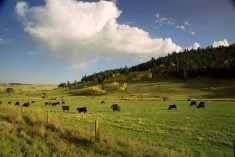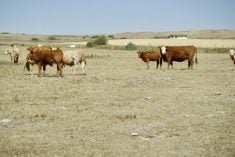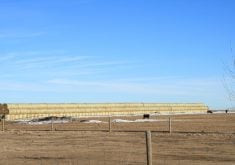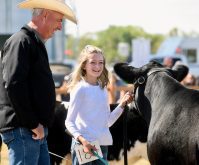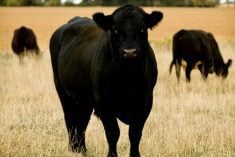This is my first column since the federal election. The Canadian Cattle Association works with all elected officials and parliamentarians, regardless of the political party that they represent, to address issues that concern Canada’s beef producers. During the election period, we developed recommendations so that we can reduce the barriers facing our farmers and ranchers that come at low or no cost to government. These solutions are critical to ensure economic growth. You can review our priorities on the CCA website at, Growing Our Herd and the Economy.
We represent 60,000 beef producers across Canada through our provincial associations, from coast to coast. We also represent each part of the Canadian beef production system, from cow-calf through backgrounding to feedlot production. Each farmer, rancher and beef producer in Canada plays an essential role in producing high-quality beef for Canadians and consumers around the world. CCA takes pride in the beef cattle sector’s $29 billion contribution to Canada’s GDP and more than 347,000 full-time-equivalent jobs. We also recognize that with continued uncertainty about trade and geopolitical tensions, we need strength and leadership to build policies that support economic growth.
- MORE ‘CCA Reports’: New CCA president focuses on managing U.S. trade risks to Canadian beef producers
For these reasons, we have identified three priorities for policymakers: trade and market access, reducing regulatory barriers and livestock price insurance.
Trade and market access
Read Also
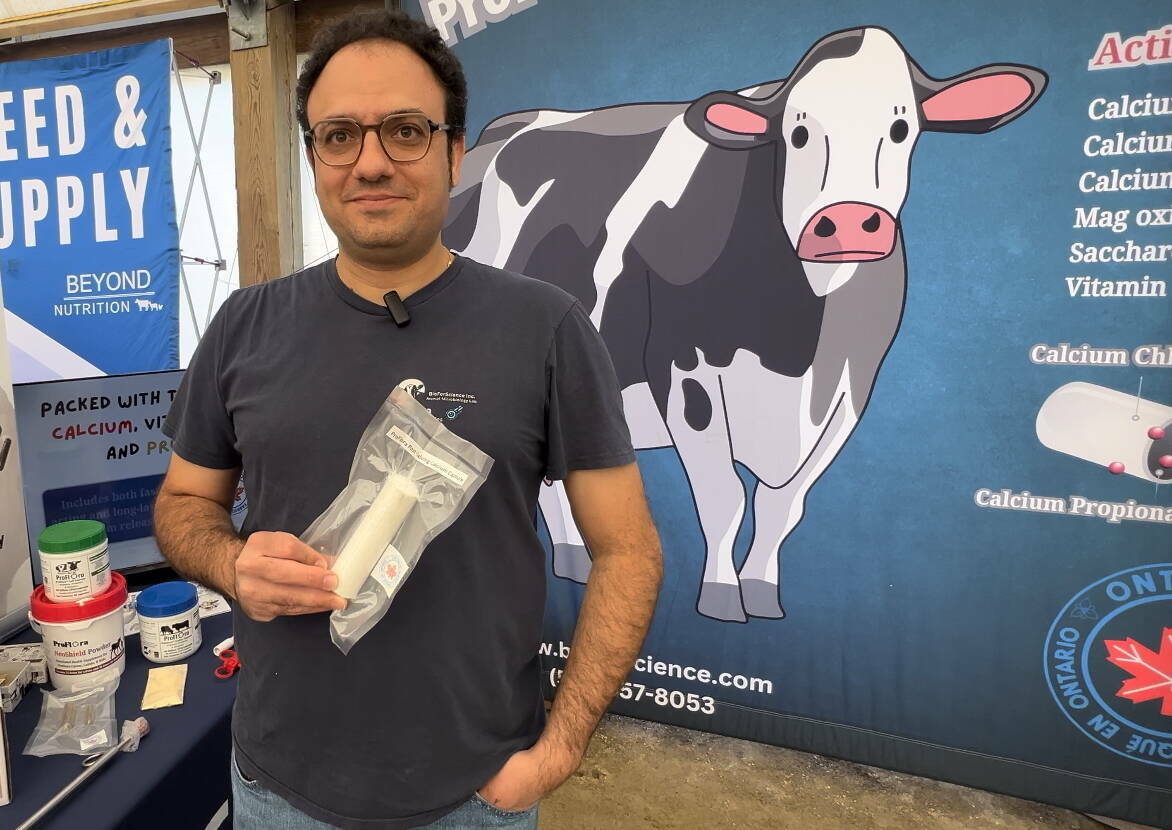
Canadian Cattle Young Leaders, national Environmental Stewardship Award winner and more
Canadian beef industry news, including award winners and job changes.
Canada is an agri-food exporting nation. Trade is critical for our sector and adds substantial value to producers. Exports add about 40 per cent value to producers’ bottom line, approximately $1,400 per animal.
Approximately half of Canadian beef and live cattle are exported. Given the growing demand for protein around the world, we have an opportunity to grow our herd, export more cattle and beef, and provide economic benefits for Canadians. Prioritizing the 2026 U.S.-Mexico-Canada Agreement review and the Canada-U.S. trading relationship are crucial to securing and expanding market access.
A strong trade policy is essential for opening and maintaining market access, which diversifies our markets. Geopolitics continue to influence trade globally, with a trend towards more barriers that are not based on science. Nor do these barriers follow the World Trade Organization’s rules-based trade. CCA has always advocated for following the economic principle of comparative advantage, which means that production should migrate to the areas that have a natural advantage, without burdensome constraints. As the cattle sector looks to contribute to Canada’s economic growth by growing our herd, we need the federal government to work with us on addressing these non-tariff barriers that are keeping us out of quality markets.
Reducing regulatory barriers
Government policies should facilitate industry adaptation rather than hinder it and so CCA would like to see unnecessary regulations removed. In particular, the elimination of outdated specified risk materials regulations would save the industry $24 million annually.
To remain competitive and contribute to global food security, industry and government need to work together to ensure herd health. Priorities include improving Canadian farmers’ and veterinarians’ access to critical veterinary health care tools and developing sustainable antimicrobial-resistance goals.
Livestock price insurance
We need a shift in agricultural policy to support farmers and ranchers in growing our sector. Risk management is increasingly important in this volatile market and Canadian agriculture needs industry-led, tailor-made tools that address the unique risks of each sector. Our governments should play the role of supporting these proactive risk management tools, such as livestock price insurance. We propose cost-shared premiums, similar to levels seen in crop insurance, to help us manage what we view to be our biggest risk. Both livestock price insurance and the Advance Payments Program are key to helping grow the cattle herd and capitalize on the economic growth opportunity while protecting producer equity.
Implementing cost-shared livestock price insurance will provide stability for producers which will allow us to grow our cattle herd and compete internationally with our American counterparts. It will also put the Canadian beef industry on more equal footing with other Canadian commodities. Sharing the insurance premiums between producers, federal and provincial governments will help reduce AgriStability payments and alleviate the annual burden on AgriRecovery. With livestock price insurance now available in seven provinces, the estimated total cost would be around $70 million, with the federal government contributing $42 million each year.
The Advance Payments Program requires recapitalization and sustained funding to help producers, particularly young producers, withstand economic pressures due to inflation and high input costs. CCA is recommending that the interest-free portion of loans under the program be kept permanent at $350,000 as a baseline level and indexed to the Farm Input Price Index thereafter. The Advance Payments Program is an important tool designed to help producers meet escalating input costs, such as raising capital to invest in the next crop. At a time when producers, especially youth, require all the financial tools at their disposal, maintaining the increase would go a long way to making our sector more economically competitive.
We will share updates on our progress in this column, on our social media platforms, and through our bi-weekly newsletter, Action News. I encourage you to stay informed and to reach out to CCA staff and elected representatives to share your ideas and feedback.



